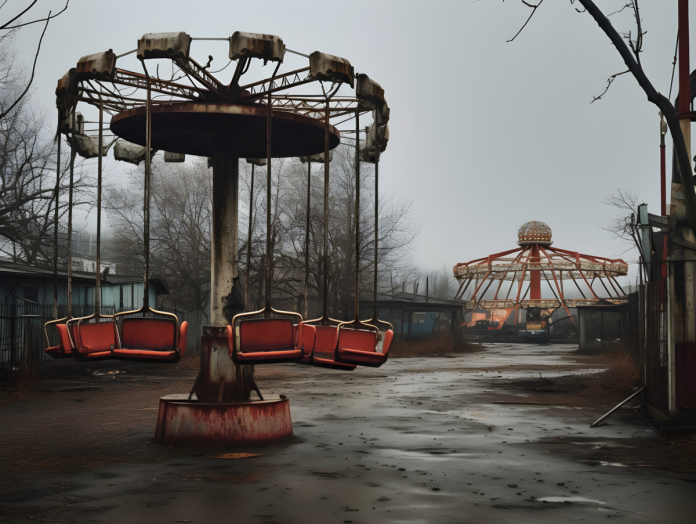The trend of going to locations connected to sorrow, death, and disaster—also known as “dark tourism”—has grown in popularity in recent years. Though frequently examined from historical or ethical perspectives, this phenomenon also provides significant understanding of human psychology and social behaviour. Gaining insight into the driving forces behind black tourism and its effects on both tourists and local populations might help illuminate our collective unconscious and our broader coping mechanisms with trauma.
Dark tourism fundamentally capitalizes on our innate curiosity about death and the unknown, which is a fundamental component of human nature. The phrase “dark tourism” was invented by Malcolm Foley and Dr. John Lennon, who both claim that the motivation for this attraction is the need to face mortality in a safe setting. People might address existential concerns and problems in a context that feels both real and remote by traveling to places of death and destruction.
Psychologists have pinpointed a number of reasons why people travel in the dark. Some people use it as a kind of thrill-seeking, getting an adrenaline rush similar to that of roller coasters or scary movies. Some are attracted by empathy and a desire to document historical occurrences. Others can be driven by a desire for catharsis and use these encounters as a means of working through personal traumas or fears.
Dark tourism has a complicated and highly individualised effect on mental health. Some visitors claim to have been moved or enlightened by their experiences, while others might be suffering from the aftereffects of secondary traumatic stress. This emphasizes how crucial it is to offer context and suitable psychological assistance at dark tourism locations.
Dark tourism is important in forming national identity and collective memory from a social point of view. Locations such as the Hiroshima Peace Memorial in Japan or Ground Zero in New York serve as hubs for collective mourning and remembering. They serve as effective teaching tools as well, assisting in the preservation of significant historical events. However, the commercialization of tragedy raises ethical questions about the commodification of suffering. There’s a fine line between respectful commemoration and exploitative spectacle. This tension is particularly evident in cases of “disaster tourism,” where visitors flock to areas recently affected by natural disasters or human-made catastrophes. The rise of social media has added another layer of complexity to dark tourism. The desire to share experiences online can sometimes lead to inappropriate behaviour at solemn sites, as seen in the controversy surrounding selfies taken at Auschwitz.
This highlights the need for clear guidelines and education about respectful conduct at dark tourism destinations. For host communities, dark tourism can be a double-edged sword. While it can bring economic benefits and raise awareness about historical events, it can also lead to the commercialization of tragedy and the potential re-traumatization of survivors and their descendants. Balancing these concerns requires careful management and ongoing dialogue with affected communities. Looking ahead, virtual and augmented reality technologies are poised to revolutionize dark tourism. These tools could provide immersive historical experiences without the ethical concerns of physical tourism, while potentially reaching a wider audience. However, they also raise questions about authenticity and the importance of physical presence in memorial spaces. As dark tourism continues to evolve, it prompts us to consider larger questions about how we as a society choose to remember and learn from tragic events.
It challenges us to confront uncomfortable truths about human nature and history, while also offering opportunities for education, empathy, and healing. By examining dark tourism through a psychological and societal lens, we gain valuable insights into our collective response to tragedy and the complex ways in which we construct meaning from the darker aspects of human experience. As we navigate this delicate terrain, it’s crucial to approach dark tourism with sensitivity, respect, and a commitment to fostering greater understanding of our shared human history.


